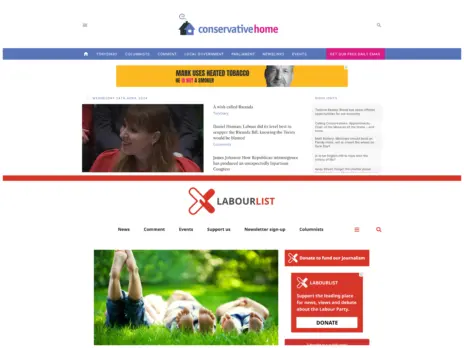
Almost three out of four consumers will turn to trusted news brands to verify the source of a breaking news story, a new survey has revealed.
The Reuters Tomorrow’s News 2017 report, published this week, claimed trusted news sites could benefit from the emergence of fake news outlets.
Based on a survey of 1,700 Reuters.com users, the report found that 74 per cent of readers often turned to trusted brands to check the source of a breaking news story – an eight per cent increase on last year’s figure.
The survey also revealed that more than 80 per cent of consumers tended to trust well-known news brands but would check the accuracy of shared news from other sources.
Trustworthy content was said to be the most appealing factor in online news brands by more than half of Reuters.com users.
There was also good news for trusted news brands on the advertising front with more than half of survey respondents telling Reuters they were more likely to notice an advertiser and respond to their advert if it appears on a trusted news website.
The Reuters survey also revealed:
- 57 per cent of Reuters.com users agree that they have a more favourable opinion of a brand if it advertises on a trusted news site (rising to 60 per cent among those in director level positions)
- 87 per cent of Reuters.com users agree that it is damaging for a brand to advertise on a news site associated with a fake news story.
Speaking at a panel to discuss the report’s findings yesterday, report author Nic Newman said: “Consumers are telling us it’s hard to find the signal from the noise.”
“People feel that they can’t trust the news the way that they used to. They feel they have to go and do checks on what’s going on in their [news] feeds, even from reputable news sources,” he added.
On the importance placed on trustworthy content by survey respondents, Newman reflected: “Fake news is probably the best thing that’s happened to journalism for a long time.”
Picture: Reuters/Luke MacGregor
Email pged@pressgazette.co.uk to point out mistakes, provide story tips or send in a letter for publication on our "Letters Page" blog






